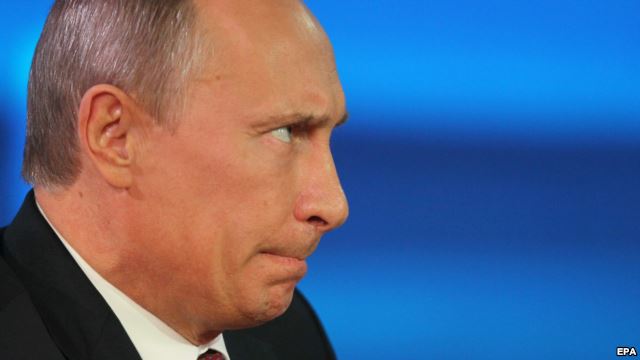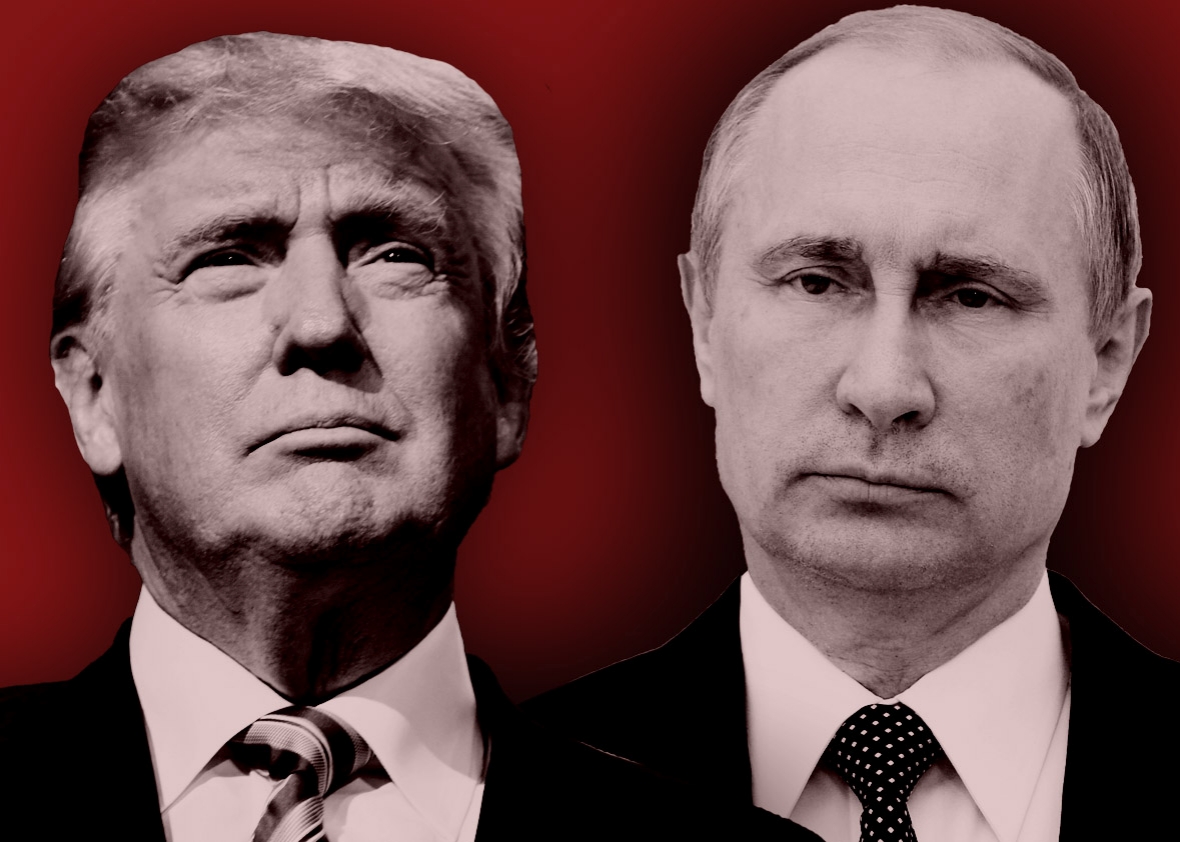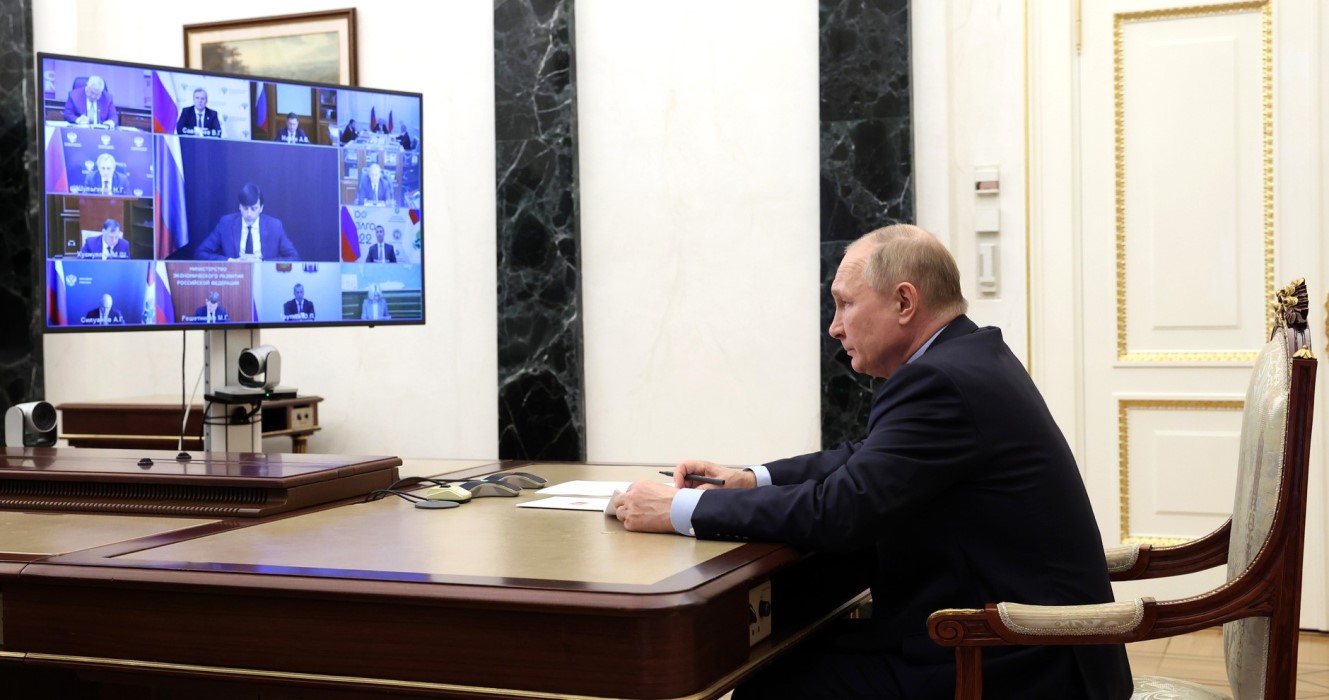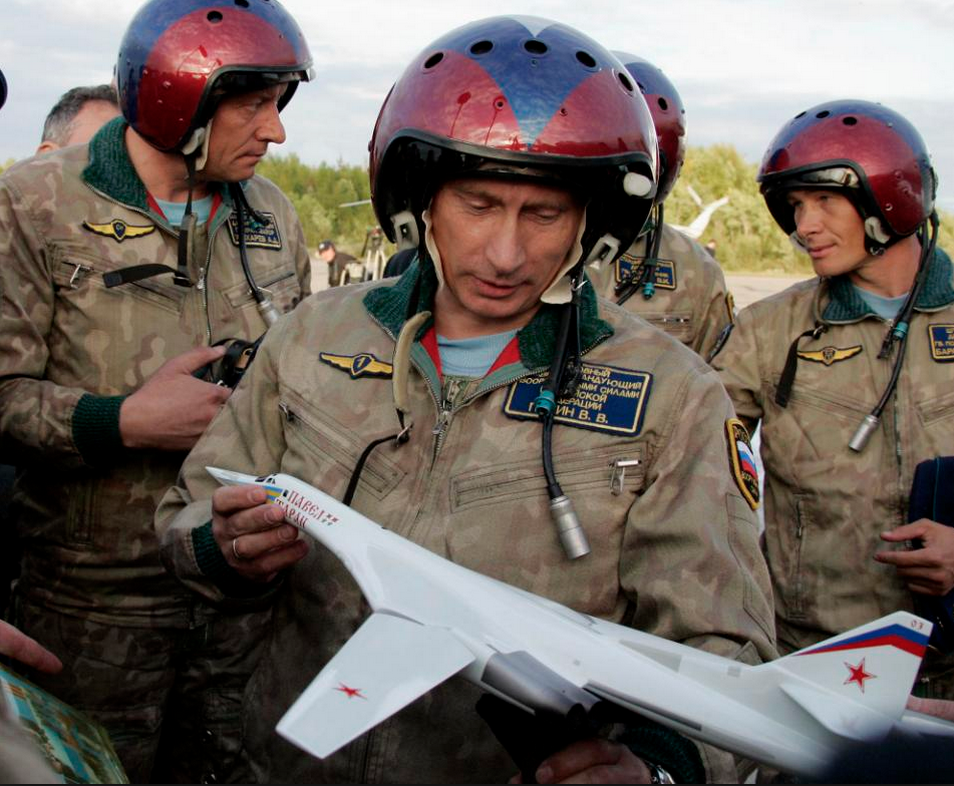In his recent article Avoid Afghanistan-2 in the Russian newspaper Vedomosti, famous political expert Sergey Karaganov, the mouthpiece for certain circles of the Kremlin administration, stated that the conflict in Ukraine was started by the US in order to start an ‘Afghanistan-2’ for Russia. He also claims that there is no direct evidence, only indirect proof. He speaks of the strive the US has to “lessen Russia’s pomp” by dragging it into the conflict in Ukraine.
For the Ukrainian reader such statements look legitimately absurd. What does the US have to do with this, if the Ukrainian Revolution of Dignity had been an uprising of society against the totally corrupt regime which dragged the country into an economic void? Why does the author avoid the seemingly simple and obvious explanation and poses a complex and bulky one? The thing is that, as famous economist John Maynard Keynes said, the thinkers of the past have serious influence on practical politicians. He also added a very important phrase: “they have it when they are right and when they are wrong.” What are these thinkers who were mistaken, and who have a serious influence on political leaders, whose hostage has Ukraine become?
It is Halford John Mackinder, who in his main work, The Geographical Axis of History
, which formed the bases of geopolitics as a science, introduced the term ‘Heartland,’ having placed it in Russia. And the main proposition of his ‘science’ was: that who owns the Heartland, owns the entire world. And this theory, so to speak, having ensnared the thoughts of politicians and their advisors, emerged, and constitutes the reason of most conflicts in modern history. Including the bloody conflict in Ukraine.
American historian Arthur Schlezinger Jr. was also a supporter of geopolitics, who in his fundamental work The Cycles of American History wrote that even if America becomes the Unites Socialist States, it will continue fighting for the oil-bringing Persian Gulf and the animosity with Russia! Geopolitical postulates are shared by Zbigniew Brzezinski, Henry Kissinger, and, as we can see, Sergey Karaganov (who is far from being the Kremlin’s last expert on politics).
It is logical to assume that these ‘ideas’ govern the leading world politicians who trust their ‘advisors,’ including Vladimir Putin. Why did this theory take over the masses and become so influential?
The fall of empires
It is time to look at when it was formed: 1904. This is the year of the biggest territorial dominance on part of the British Empire. It is most likely that the apt officer H.J. Mackinder (who was part of the Secret Council of Great Britain, an advisory body for the Queen) expressed in his theory some sort of order on part of the British elites at the time to further expand the empire, having posed a “solid theoretical basis.”
After which world history dismissed such absurd geopolitical assumptions. The issue of the expansion of the British Empire went dead. By the mid-20th century expenditures to support the British Empire surpassed the incomes from colonies significantly. The British elites made the wise decision to dissolve the empire and proposed to establish relations between various parts of the former empire in the shape of an international political meritocracy – the British Commonwealth. To wit, there is a very interesting fact in modern history of the Commonwealth. When Mozambique and Rwanda (which were never part of the British Empire) asked to become part of the Commonwealth (in 1995 and 2009 respectively). We see on this example that the policy of the Commonwealth is completely different from what H.J. Mackiner would have recommended to do, interpreting ‘control’ exclusively as ‘submitting’ a weak political formation to a strong one.
The growth of economic globalization in the end of the 20th – the beginning of the 21st century confirmed the fact that nations are trying to achieve flourishing not as a result of accessing new territories, but as a result of correct trade and industrial policies. For example: South Korea, one of the world’s poorest countries back in the 60’s, started engaging in effective industrial policies with the support of the Western world, first and foremost, the US, and made a wondrous leap in its economic development.
Was the support the US and countries of Western Europe provided to Russia (which itself, let us emphasize, said no to totalitarian economics back then) in the 90’s aimed to subdue Russia? Who approved the decision to ruin YUKOS in 2003 and create a non-competitive block of state-owned entities in the oil and gas sectors of the country, which leads to the fall of economic indices of the companies within this sector? Did Western experts advise this? No. All of these problems are created by the Russian elite for the Russian elite, but definitely not the West. And now these problems are leaving a direct mark on Ukraine.
Unfortunately, we should admit that Western experts and analysis who think in categories of the geopolitical pseudoscience also made a significant investment into the existence of the idea which dwells in the conscious of Russian elites of how processes in global politics really work. Such Russian geopoliticians as Alexandr Dugin (the most odious), Nataliya Narochnitskaya, Sergey Karaganov, who shared Mackinder’s ideas, excite the minds of leading Russian politicians, including President Vladimir Putin, by proposing they solve nonexistent problems which are not evoked by real action on part of Western politicians. How can they not believe this, if it is supported by quotes from the works of Western geopoliticians, including modern ones?
And it is unimportant that this idea is no longer shared by leaders of the biggest world countries, which is not their practice. As it is nice to think that all your problems come not from ineffective economic policies, but a conspiracy among Western elites. The West doesn’t need any control over the Heartland now. All the issues of energy resource provisions are solved by the West with Russia based on mutually beneficial trade cooperation. And they would not change anything, had Russian not resorted to conflict and breaking ties with them.
Another Russia
What are the conclusions the Ukrainian elites must make? They are as follows: modern Russian politicians and whose who will replace them will be governed by this geopolitical doctrine for a long time, while approving practical decisions. Ukrainian elites should take this into account, they cannot avoid it. Any international policies on part of the Ukrainian government should account for these ‘geopolitical phobias’ of Russian state officials. However, this does not mean that we should be on their lead. The Ukrainian government should strictly and consequently fight for their choice of Western values as the key factor in the political and economic development of the country.
Meanwhile, though Western countries and private institutions and Ukraine’s indisputable allies and partners, we should not forget about ‘another Russia.’ Not Eduard Limonov’s ‘Another Russia,’ but the part of Russia which develops in unison with leading world trends of development: political, humanitarian and technological ones. Sooner or later (most probably, sooner) the leader of the new Russian elites will replace the existing Russian regime, and then relations between Russia and Ukraine will be reexamined radically. The chimeras of “geopolitical sciences” will be thrown out into the historical trash, where they belong.
The future of the Ukrainian state depends significantly on the quality of future relations, which should begin already between Ukrainian and Russian politicians, business owners, cultural activists, who do not accept what the current Russian government is doing, regardless of the horror that current Russian and Ukrainian relations are at the moment.





